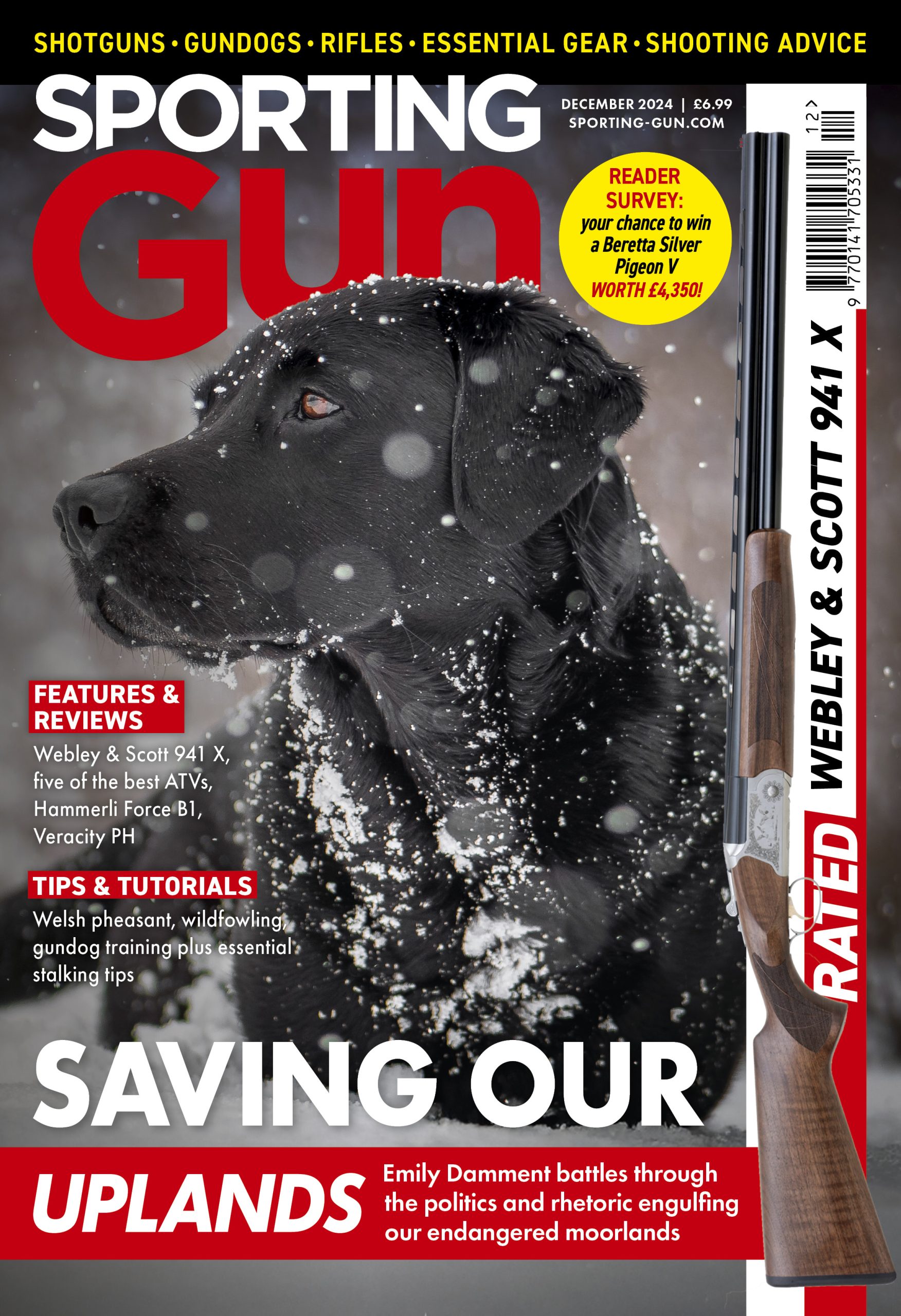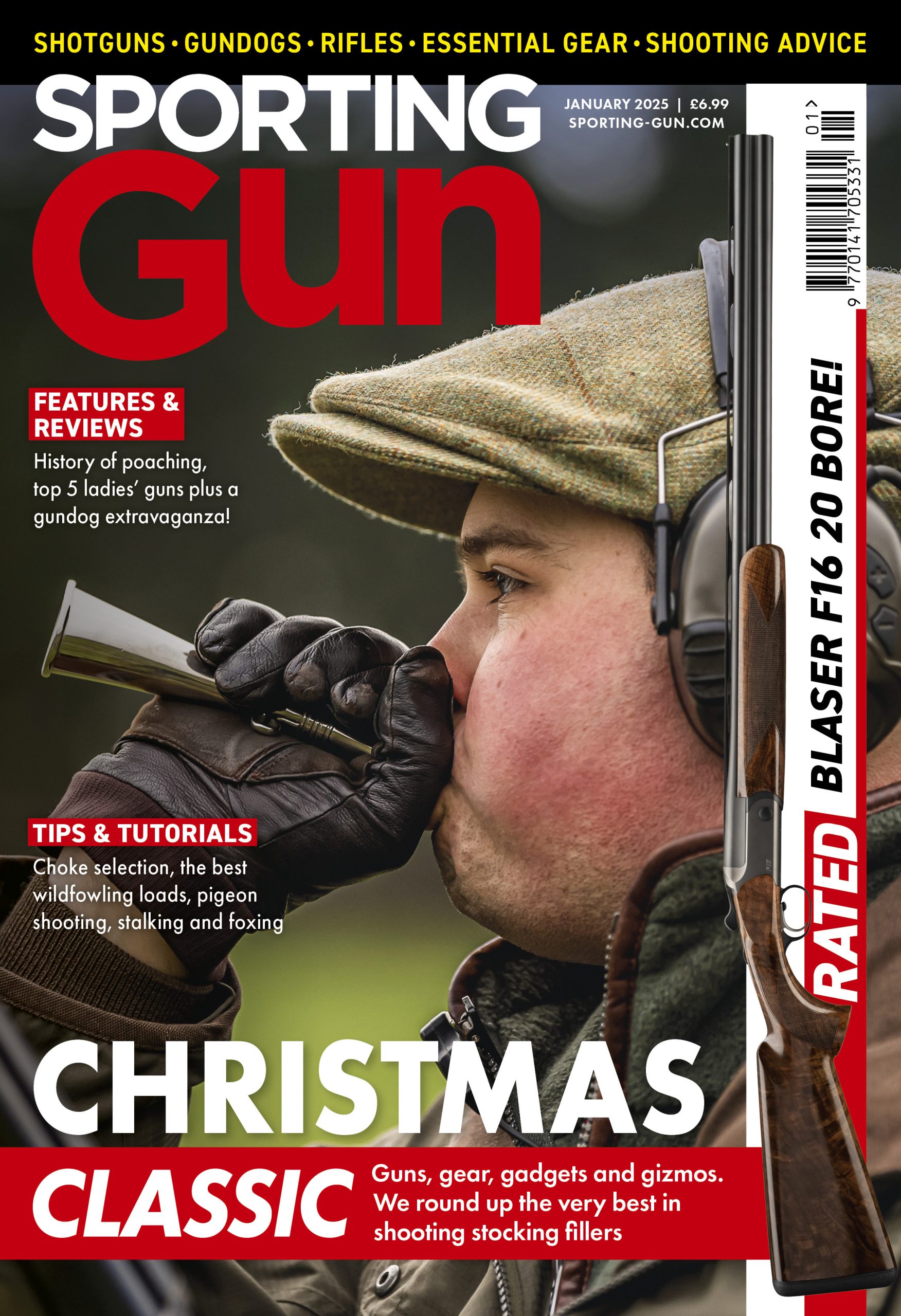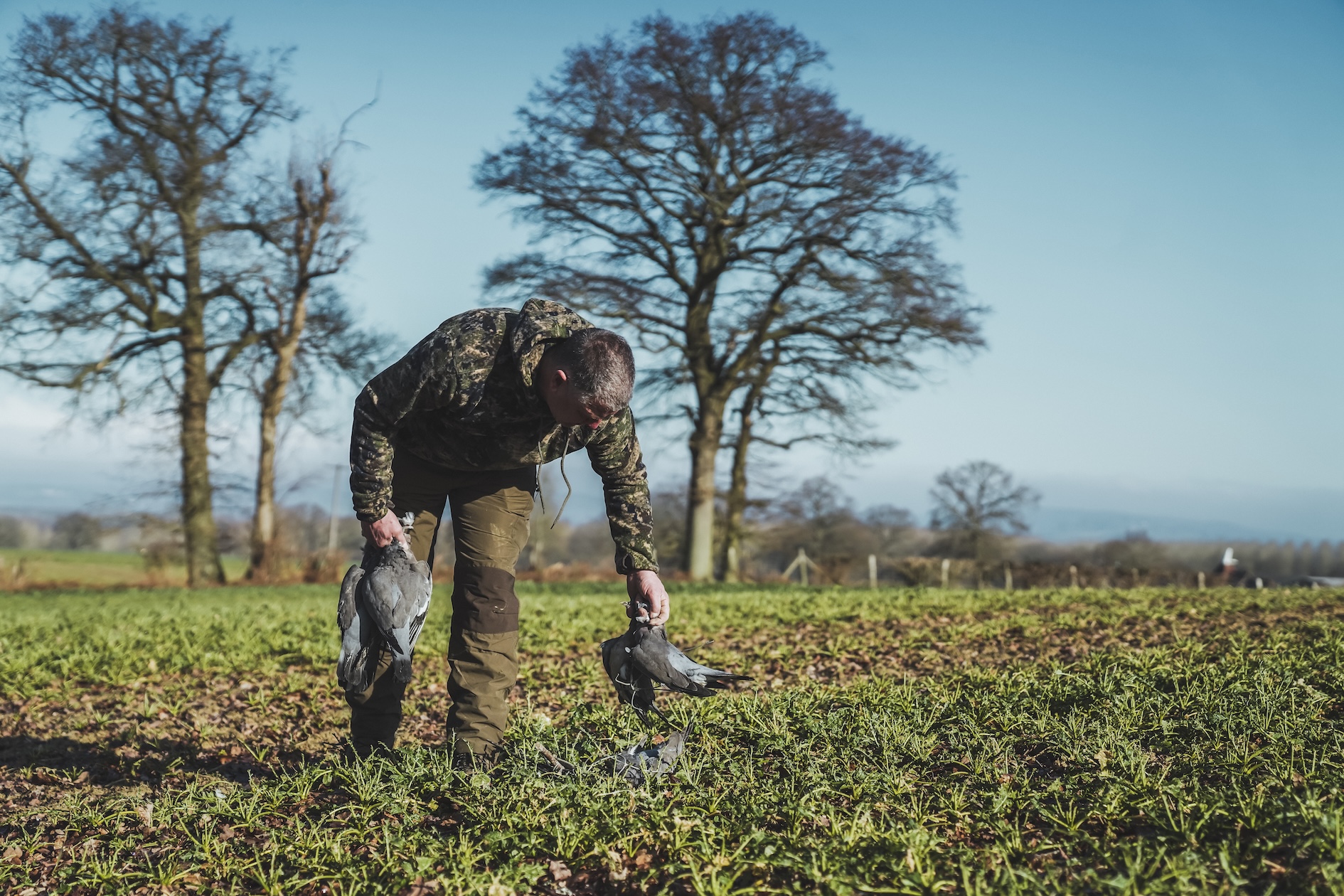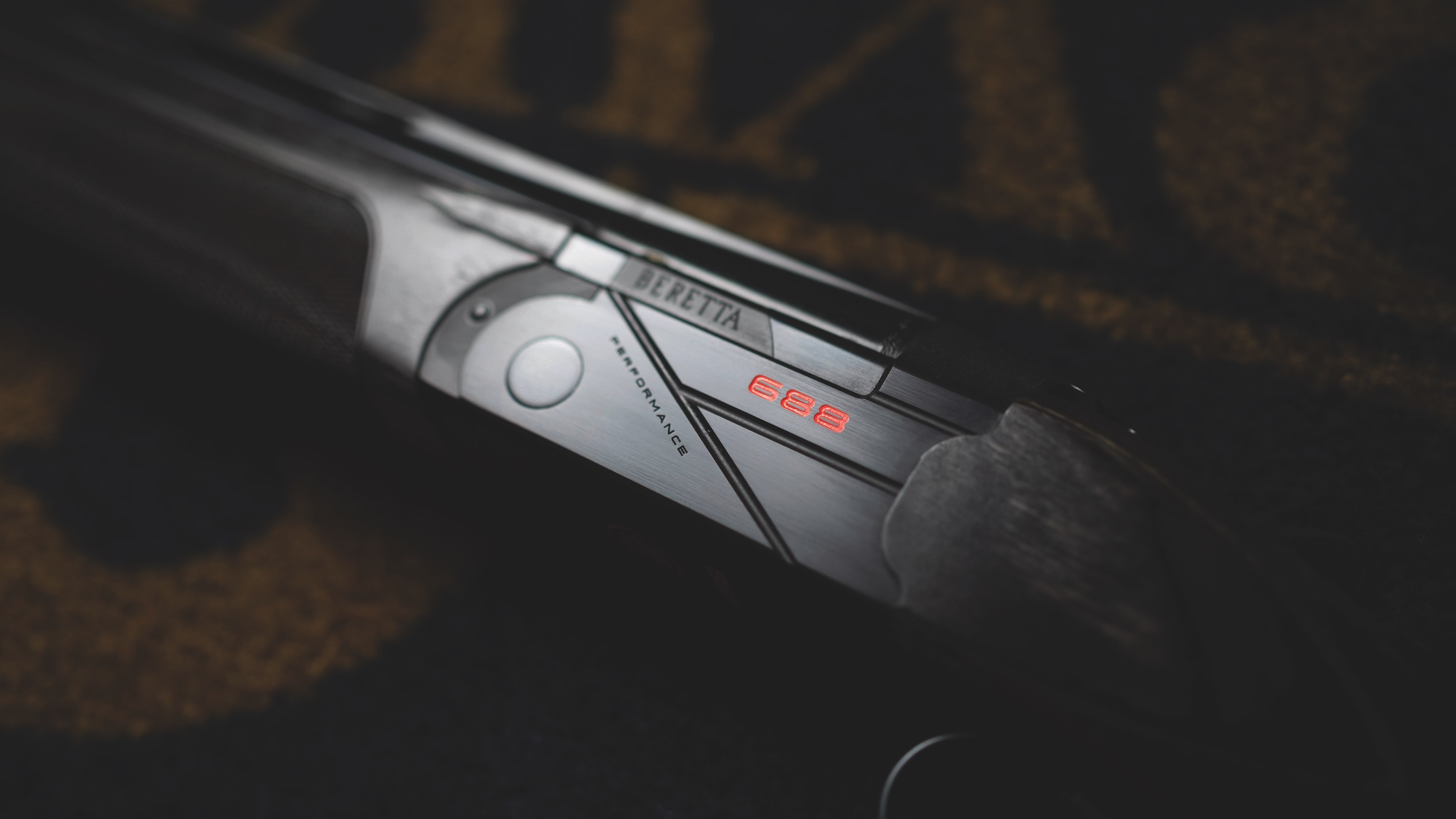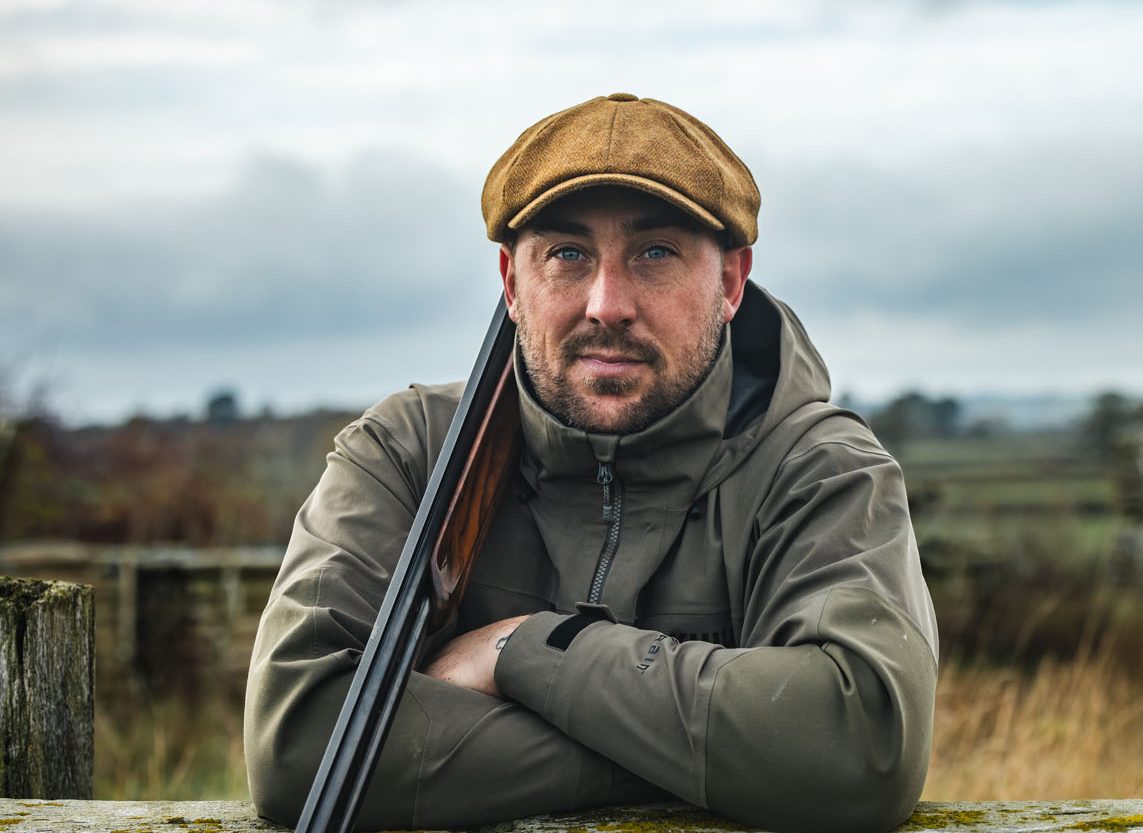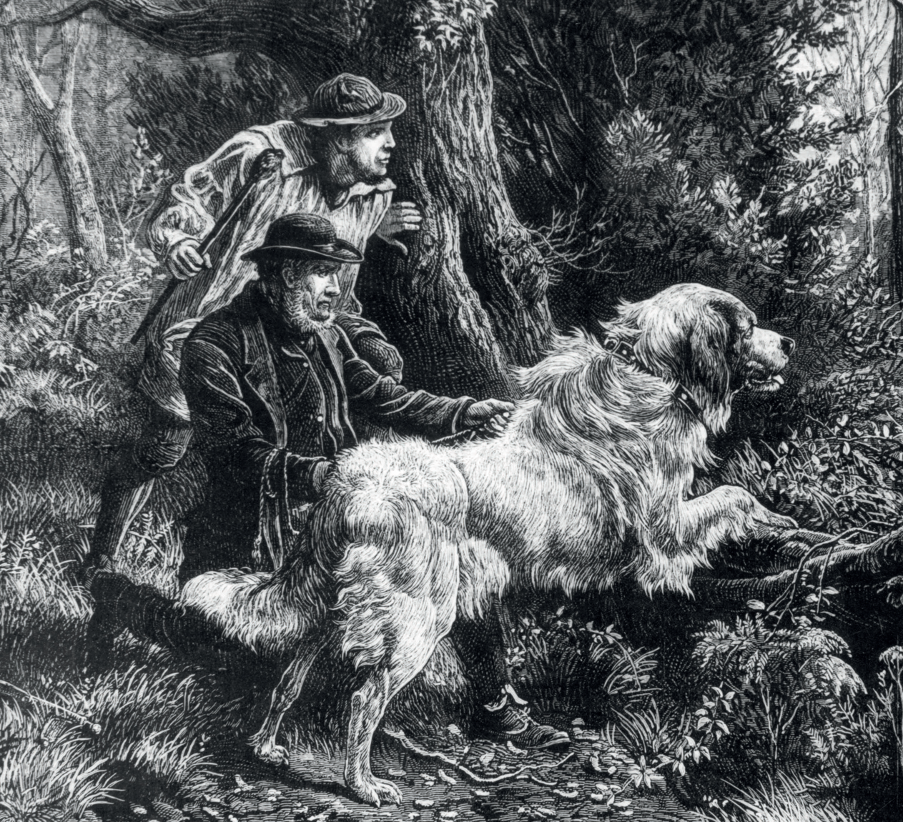The countdown is on for The British Shooting Show – book tickets online today and save on gate price!
Steel shot vs lead: testing cartridges on pigeons before the lead ban
With a UK lead shot ban looming, Geoff Garrod tests steel cartridges on pigeons. Discover how steel performs in the field, what shot sizes to use, and whether your gun is proofed for the switch
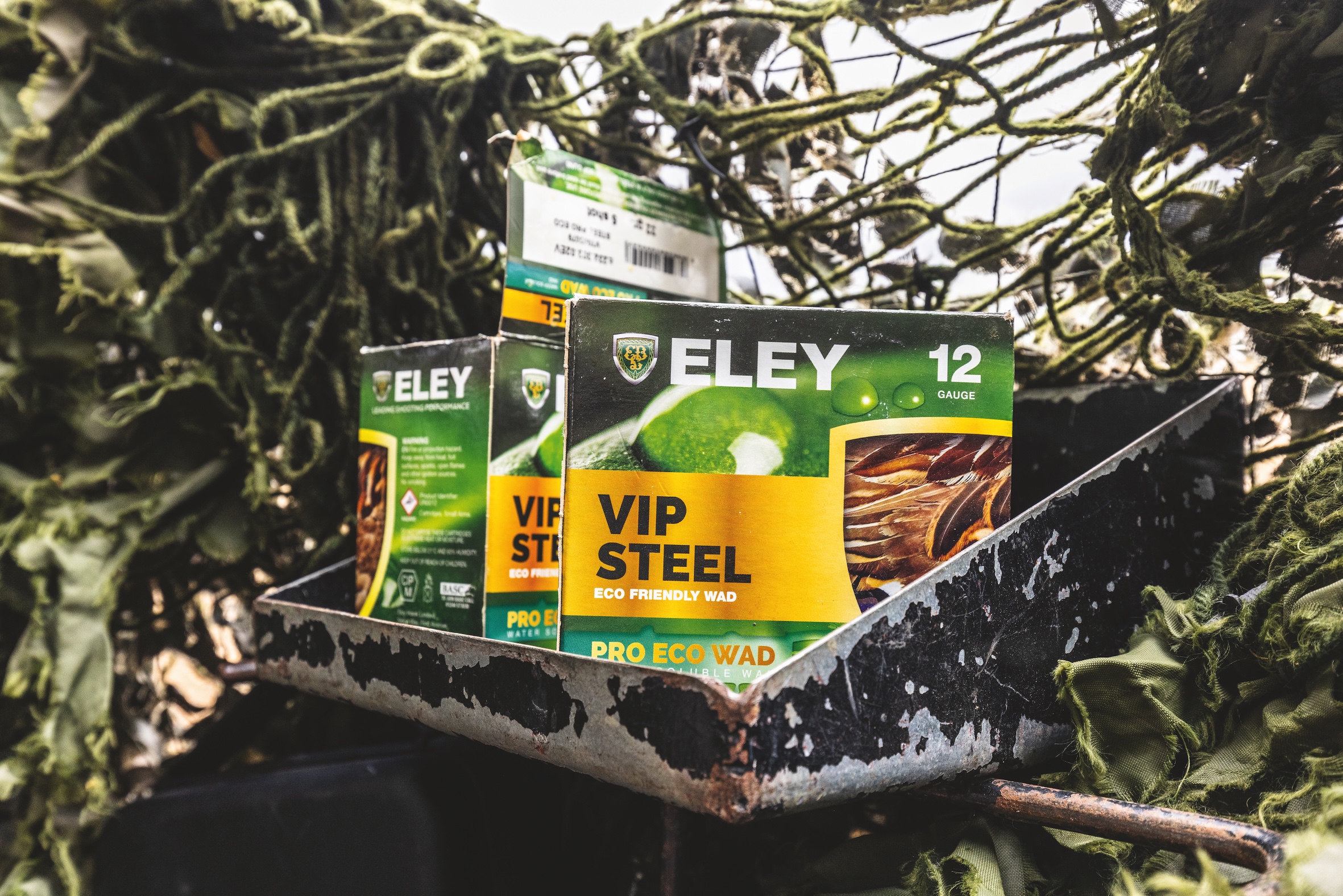
We’ll be just fine
Ahead of the impending ban on lead shot in the UK, a day protecting oilseed rape in September provides an opportunity for Geoff Garrod to remind us that steel can do the job on pigeons
Photography: Richard Faulks
When will the UK ban lead shot?
If I were a betting man, I’d put money on the ban on lead shot being in place in the UK by next summer. There is a three-year transition period proposed for shooters and manufacturers to use up their stocks of lead ammunition, but that is still up for debate.
There has been a long, hard campaign fought by the shooting organisations to keep lead shot. I know just how hard the National Gamekeepers’ Organisation, for example, has fought to prevent this from happening. The NGO proposed and pushed for a voluntary move away from lead, but that battle is now all but over. We will have to adapt, just as some countries in Europe have done.
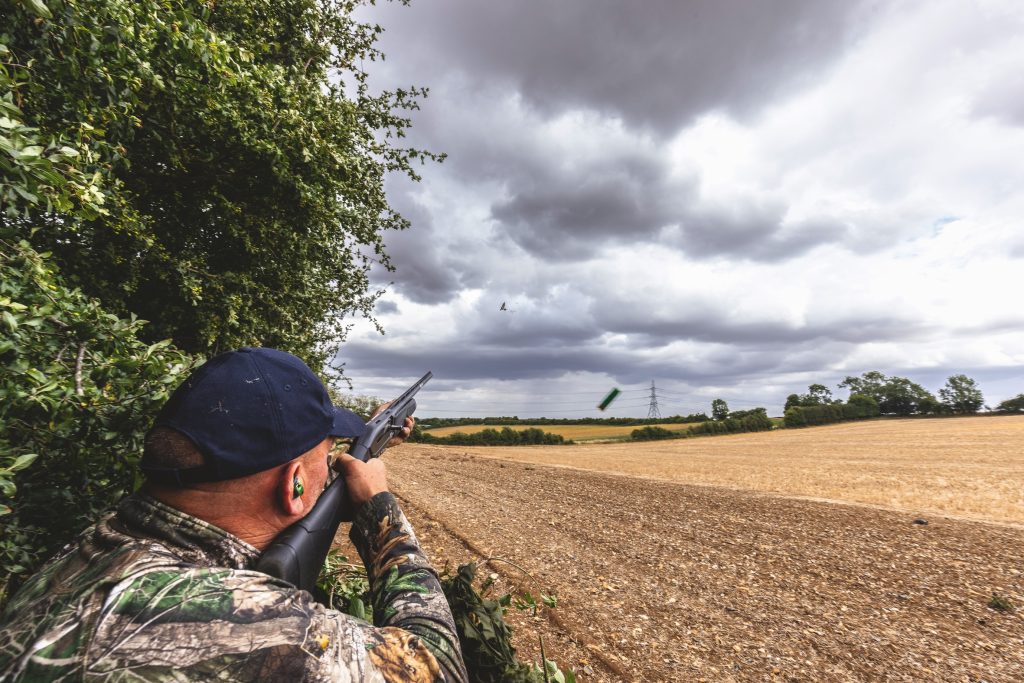
Is steel shot effective for pigeons, game and clay shooting?
It’s not the end of wing and clay shooting, and it’s not the end of the world. However, we will have to face the fact that we must move on and accept these changes. A growing number of game shoots and grouse moors have already banned lead, and it has been banned for shooting over wetlands for many years. It certainly hasn’t stopped the sport.
Modern cartridges have improved immensely because of these very restrictions. This innovation will now continue at a faster pace, and who knows what will be developed to replace the lead shot we’re all so used to. I’ve shot the Eley’s VIP Steel Pro Eco Wad cartridges, and with some minor adjustments I can assure you that they kill pigeons cleanly. As we all know, the woodpigeon is a tough bird, and if they can be cleanly dispatched at good ranges with steel, partridge, pheasant, clays etc will present no problem.
Why is lead shot being banned?
Defra wants to stop 7,000 tonnes of lead being released into the environment each year. The department also estimates that 100,000 wildfowl die from lead poisoning annually, and carrion-eating raptors are at risk too.
Game dealers and supermarkets increasingly reject game shot with lead. Many will only take non-toxic ammunition, which means change was inevitable.
Is it safe to use steel shot in my gun?
The most important question is safety. Many modern guns are already steel-proofed. Look for the fleur-de-lys stamp on the barrels. If you are unsure, drop into your local gunsmith and ask.
The advice is to use half choke or more open – ¼, skeet or cylinder. Some modern chokes are steel-proofed for tighter patterns, but always seek advice.
What are the alternatives to lead shot?
Steel and tungsten are the most likely replacements.
Steel cartridges come in two grades – standard and high-performance. High-performance loads produce more pressure and won’t suit older guns. Again, seek advice before using them.
Shot size matters too. Steel is less dense than lead, so move up a size or two to get the same ballistic punch. For example, I often shoot Eley Pigeon Select 30g No 6 with lead. With steel, I move up to 32g No 5.
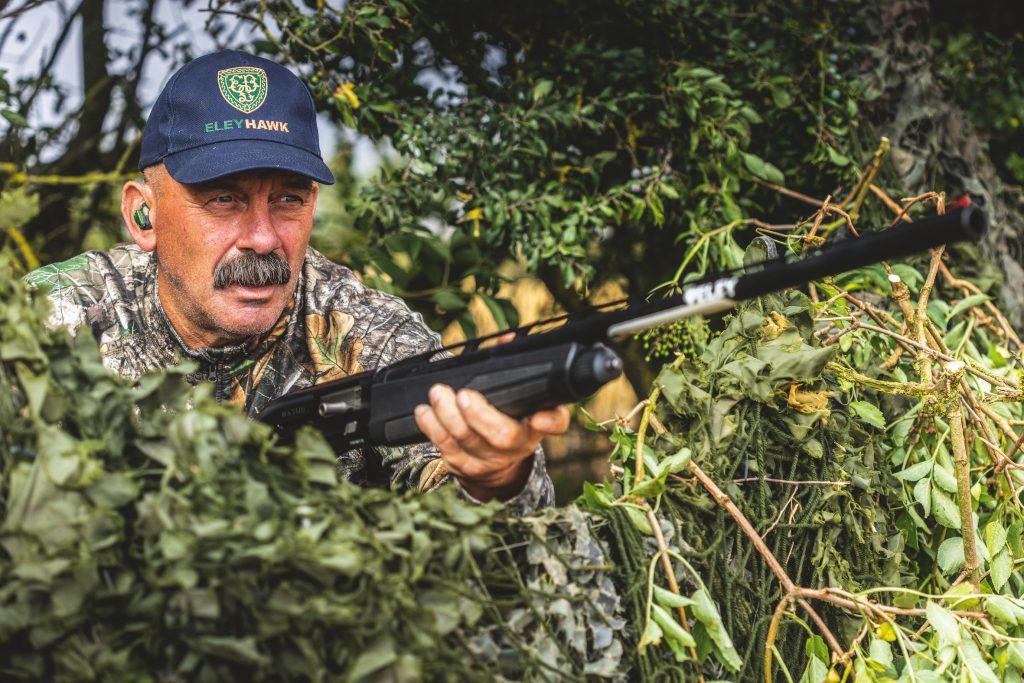
How does steel shot perform on pigeons?
Because change is coming, I tested steel on pigeons over rape stubble. A small field between two standing rape crops held plenty of birds.
I set up my hide in the hedgeline with wind blowing across. The decoys went out with spaces for pigeons to land. Within minutes, the first bird committed to the pattern and fell cleanly at 20 yards.
Soon after, a group of five came in. Four slipped past, but one dropped solidly at 30 yards. It felt no different from lead – a clean, convincing kill.
As the afternoon went on, I killed pigeons cleanly at 20, 30 and even 45 yards. If I hadn’t known, I could easily have believed I was shooting lead.
What are the limits of steel shot?
For decoying pigeons, most shots are within 20-30 yards. Steel works perfectly at those ranges. If you want to stretch further, move up to No 4 or No 3 shot.
The patterns with Eley’s Eco Wad steel cartridges were tighter than with my lead loads, perhaps due to the wad design. Every gun and choke is different, so experiment with combinations until you find what works.
Final thoughts on steel shot for pigeons
In two or three hours, I shot around 20 pigeons. All were cleanly killed with steel. They went off to a friend who shows birds of prey – and, importantly, they could also have gone to any game dealer.
Steel works. It’s probably not what any of us wanted, but it’s a far better option than giving up shooting.
Change is never easy. When clay clubs banned plastic wads, shooters resisted. But fibre wad cartridges improved, and now no one misses plastic. The same will happen with lead.
We’ll be just fine.
Related Articles
Get the latest news delivered direct to your door
Subscribe to Sporting Gun
Subscribe to Sporting Gun magazine and immerse yourself in the world of clay, game and rough shooting. As the leading monthly publication for passionate shooters at all levels, Sporting Gun delivers expert advice, practical tips and in-depth reviews to enhance your skills and enjoyment of the sport.
With features ranging from gundog training to pigeon shooting, and wildfowling to equipment recommendations, you’ll gain valuable insights from professional shooters and industry experts. A subscription not only saves you money on the cover price but also includes £2 million Public Liability Insurance, covering the use of shotguns, rifles and airguns for both recreational and professional use.
